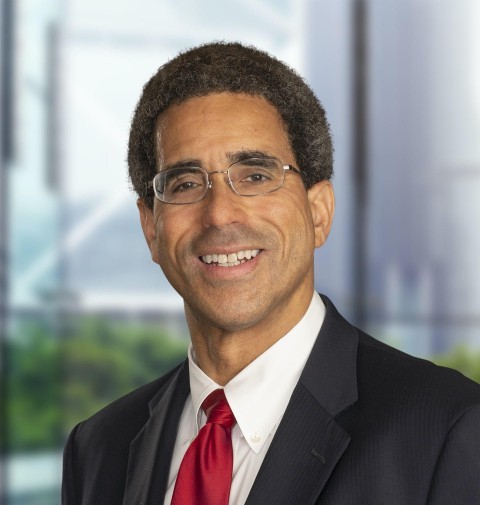High Court Looks at Cellphone Searches

High Court Looks at Cellphone Searches
By DOUG SHERWIN, The Daily Transcript Monday, May 5, 2014
Technology is advancing so quickly, it’s difficult for the law to keep up.
The U.S. Supreme Court is trying to play catch-up by hearing a pair of Fourth Amendment cases, one originating in San Diego, that involve the police’s right to search a criminal suspect’s cellphone without a warrant.
Prior case law has held that police can search physical objects found on a defendant at the time of arrest without a search warrant.
The justices, who heard arguments in both cases last week, will now decide whether that law extends to cellphones, which can contain a treasure trove of information.
“The question before the Supreme Court is whether a smartphone is more like a billfold or a file room,” said San Diego’s Dan Eaton, a litigation shareholder with Seltzer Caplan McMahon Vitek.
“You obviously need a warrant to search a room that contains all of a suspect’s personal information. A billfold, which by its nature can only contain a limited amount of information, is searchable without a warrant. Well, where does a smartphone fit in between those two extremes?”
In Riley v. California, police searched San Diego college student David Riley’s smartphone after stopping him for expired license plate tags. Officers found photographs linking him to a shooting, and Riley was later convicted of three charges.
A state appellate court upheld his convictions.
The other case involved a flip phone, which stores much less information than a smartphone.
In United States v. Wurie, police officers used Brima Wurie’s phone log to trace a number to his home address in Boston, where they found drugs, a gun and cash.
He was convicted by a jury on three counts of drugs and firearms, but a federal appeals court tossed two of the convictions, citing an illegal search.
Ross Trindle, an Ontario attorney with Best Best & Krieger, said during oral arguments, the justices seemed to recognize “that technology has gotten to the point where the traditional notion of search incident to arrest is outdated. They have to do something. The question is what.”
The cases could help redefine people’s expectation of privacy.
“Every time the Supreme Court issues a ruling, a new generation of technology springs up,” Seltzer Caplan’s Eaton said, “so the law becomes a lagging indicator of evolving expectations that people have for the privacy of the things they carry.”
Alex Kreit, Thomas Jefferson School of Law associate professor and director of the school’s Center for Law & Social Justice, said whatever decision the justices make will be informative.
“What the court says in this case will give us an indication of what it may do in future cases when precedent goes against current technology,” he said.
Future issues that could go before the court include cloud computing and how much protection is given to information held by third-party service providers.
Kreit said the justices discussed many possible rules they could invoke when it comes to cellphone searches, indicating the complexity of dealing with modern technology.
“The justices seemed very concerned with having Fourth Amendment rules that are clear and easy to administer in the field,” he said.
“More than anything, it’ll be nice to finally have some clarity [on the issues],” Kreit said, “because it is one of those issues that has led to a whole range of different decisions from state to state and federal court to federal court.”
Eaton said there are two competing values in the cases.
Police want to make sure they don’t give suspects a chance to destroy evidence before they have a chance to see it, and privacy rights advocates want to make sure individuals aren’t subjected to unreasonable searches.
“How does the Supreme Court reconcile the two sides of that divide?” Eaton asked.
A ruling is expected in June.
For a printable copy of this article, click HERE.
